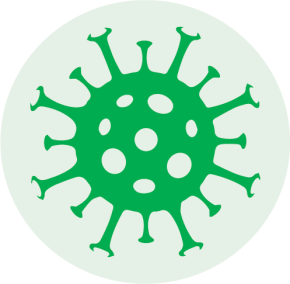

EDCTP portfolio: Emerging diseases
index


The ASCENT project will introduce into sub-Saharan Africa a laboratory technology for rapid and high-throughput testing to detect SARS-CoV-2 antibodies in blood samples.
High-throughput testing for SARS-CoV-2 antibodies

In the absence of a vaccine or treatment for COVID-19, there is a need to identify cases as rapidly as possible so that timely control measures can be implemented. Knowledge of the numbers of infections in a population is also vital information for public health authorities planning control strategies.
Detection of antibodies to SARS-CoV-2 is the most practical way to gather information on the current and past infection status of individuals within a population, providing data that can be used to generate local models of the COVID-19 epidemic.
The challenge

The ASCENT project is transferring a laboratory-based approach that offers the potential for rapid, high-throughput, and highly sensitive and specific detection of antibodies to SARS-CoV-2.
Project team members from Switzerland have developed a robust assay based on Luminex bead technology – microscopic magnetic beads coated in antibodies that recognise specific structures of interest (such as anti-SARS-CoV-2 antibodies). The technology is highly sensitive, relatively easy to use, and enables results from hundreds of samples to be available within a few hours.
The project will also validate and implement a newly developed SARS-CoV-2 neutralisation assay in African laboratories. This test determines how effective antibodies produced by patients are at preventing SARS-CoV-2 infection of cultured cells. This provides important information on the most protective types of antibody, and enables correlations to be made between neutralising ability and clinical symptoms.
The project is transferring the technology and expertise to carry out these assays to laboratory teams in Burkina Faso, Guinea and South Africa. Having validated the assays in sub-Saharan African settings, the project will then collect data on local populations to provide an indication of local levels of infection and generate local models of the COVID-19 epidemic.
The project

The ASCENT project is introducing an important new infection-detection technology into laboratories in three countries in sub-Saharan Africa. It will provide these countries with the capacity to rapidly screen populations for the presence of SARS-CoV-2 antibodies, providing an accurate and up-to-date picture of the spread of COVID-19 in particular communities. This will provide local health authorities with vital information for planning COVID-19 control measures and for developing mathematical models to forecast the potential spread of infection and the impact of control measures.
Impact


“
test the safety and efficacy of this new formulation in young children
”
Bringing antiretroviral drugs to children

The CHAPAS trials have ensured that many more children with HIV have benefited
from life-saving antiretrovirals.
EDCTP portfolio: HIV & HIV-associated infections
The challenge
In the absence of a vaccine or treatment for COVID-19, there is a need to identify cases as rapidly as possible so that timely control measures can be implemented. Knowledge of the numbers of infections in a population is also vital information for public health authorities planning control strategies.
Detection of antibodies to SARS-CoV-2 is the most practical way to gather information on the current and past infection status of individuals within a population, providing data that can be used to generate local models of the COVID-19 epidemic.

The ASCENT project is transferring a laboratory-based approach that offers the potential for rapid, high-throughput, and highly sensitive and specific detection of antibodies to SARS-CoV-2.
Project team members from Switzerland have developed a robust assay based on Luminex bead technology – microscopic magnetic beads coated in antibodies that recognise specific structures of interest (such as anti-SARS-CoV-2 antibodies). The technology is highly sensitive, relatively easy to use, and enables results from hundreds of samples to be available within a few hours.
The project will also validate and implement a newly developed SARS-CoV-2 neutralisation assay in African laboratories. This test determines how effective antibodies produced by patients are at preventing SARS-CoV-2 infection of cultured cells. This provides important information on the most protective types of antibody, and enables correlations to be made between neutralising ability and clinical symptoms.
The project is transferring the technology and expertise to carry out these assays to laboratory teams in Burkina Faso, Guinea and South Africa. Having validated the assays in sub-Saharan African settings, the project will then collect data on local populations to provide an indication of local levels of infection and generate local models of the COVID-19 epidemic.
The project
The later CHAPAS-3 trial compared the efficacy and safety of three fixed-dose combinations including two without stavudine (found to have some long-term side effects in adults, leading to a recommendation that its use be discontinued in children). The trial the first of its kind in Africa studied nearly 500 children at four sites in two African countries.
The ASCENT project is introducing an important new infection-detection technology into laboratories in three countries in sub-Saharan Africa. It will provide these countries with the capacity to rapidly screen populations for the presence of SARS-CoV-2 antibodies, providing an accurate and up-to-date picture of the spread of COVID-19 in particular communities. This will provide local health authorities with vital information for planning COVID-19 control measures and for developing mathematical models to forecast the potential spread of infection and the impact of control measures.
ratios forfixed-dose combinations and on appropriatedosage according to weight.
The CHAPAS-3 trial confirmed the effectiveness of fixed-dose combinations, providing further impetus to the rollout of antiretrovirals to children. Its evidence on abacavir informed the WHO recommendation of abacavir-containing combinations for first-line therapy in children. Trial data have also been used to support applications for regulatory approval for new scored efavirenz tablets.
Impact
L’homme RF et al. Nevirapine, stavudine and lamivudine pharmacokinetics in African children on paediatric fixed-dose combination tablets. AIDS. 2008;22(5):557–65.
Mulenga V et al. Abacavir, zidovudine, or stavudine as paediatric tablets for African HIVinfected children (CHAPAS-3): an open-label, parallel-group, randomised controlled trial. Lancet Infect Dis. 2016;16(2):169–79.
WHO. Guidelines on the use of antiretroviral drugs for treating and preventing HIV infection: recommendations for a public health approach. 2010.
WHO. Consolidated guidelines on the use of antiretroviral drugs
for treating and preventing
HIV infection: Recommendations for a public health approach
(second edition). 2016
Projects: Children with HIV in Africa Pharmacokinetics and Adherence of Simple Antiretroviral Regimens (CHAPAS): CHAPAS-1 and -3
Project lead: Professor Chifumbe Chintu, University Teaching Hospital, Zambia (CHAPAS-1); Dr Veronica Mulenga, University Teaching Hospital, Zambia (CHAPAS-3)
Target population(s): Children with HIV
Sample size: 71 (CHAPAS-1); 480 (CHAPAS-3)
Countries involved: Ireland, the Netherlands, the UK, the USA, Zambia (CHAPAS-1); Uganda, Zambia (CHAPAS-3)
Project duration: 2005–2009 (CHAPAS-1); 2010 –2011 (CHAPAS-3)
EDCTP funding: €1.2M (CHAPAS-1); €4.6M (CHAPAS-3)
Total project funding: €1.2M (CHAPAS-1); €5.0M